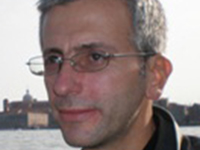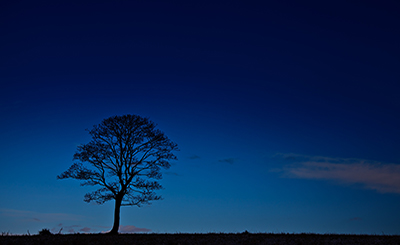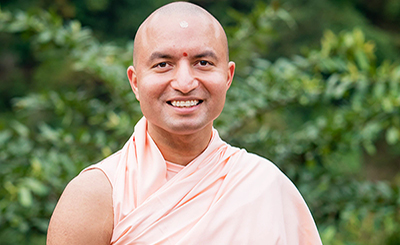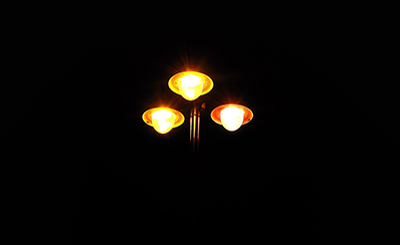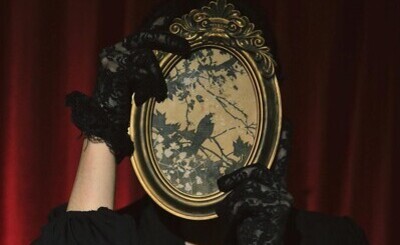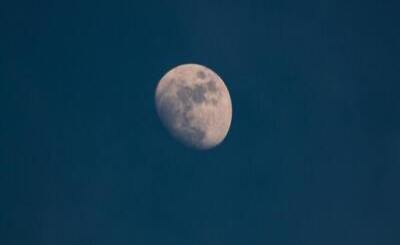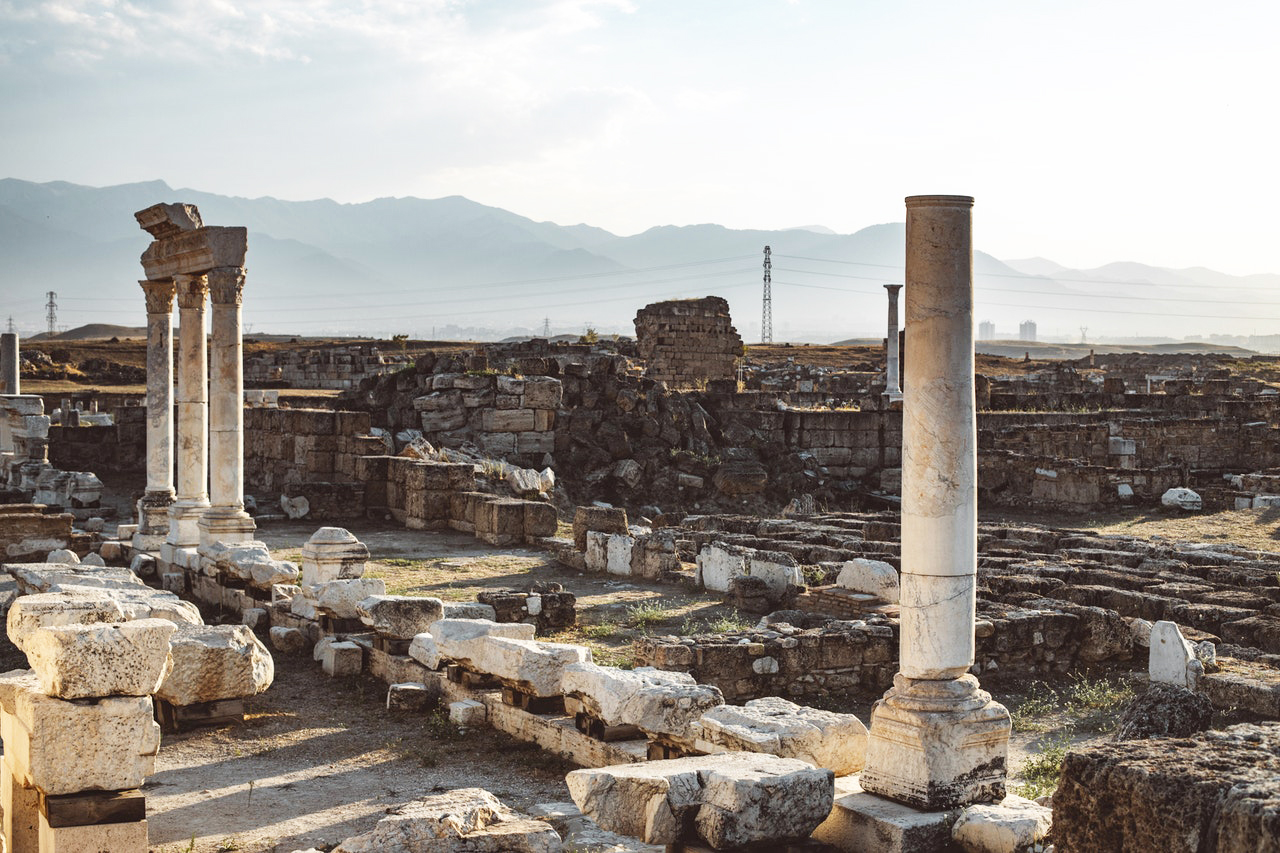
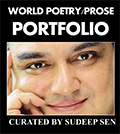
Nine poems by the Sofia-based poet, editor of the publishing house Scalino since 2014, as part of World Poetry/Prose Portfolio, curated by Sudeep Sen
Translated from Bulgarian by Tom Phillips
In the Age of Empire
Trajan is a huge column with a great many reliefs
hewn from the earth and wound in a spiral
a will to glory or a will to something perhaps
because the senses only know what they encounter
they revolve on their axis — vividly or unexpectedly
in conflict with themselves, better than themselves.
Maybe that’s why it’s so easy to come up with the ‘number’ concept
it only needs one application
and now everything appears identical, reversible, transferable
and forms relate to each other like numbers.
Perfect being! Every other being is behind you on three counts:
action, aim and excellence.
And no state should be destroyed without need!
Trajan isn’t mentioned in ‘The Second Book of Dialectics’ of 1556
which notes that since the past is infinite
and the future is infinite
and since we are equally placed between infinite distance
and infinite proximity
nobody lives in a certain place on a certain day.
II
Not long before the start three figures appear — one huge,
one that sang when they put him in prison
and one entirely worked from the three-star hotels
of public security and, naturally, still standing.
And these three figures, unlikely freaks, but quite true,
quite credible, though sometimes downright impossible
never mind most think them symbolic
banded together somehow, around September 6th
surely because they were reading alone, without a dog to fawn on
or because they were killing time, trying dark pleasures
no, they weren’t pulling faces, they’d come to realize something
nothing fixed, of course, they just imagined things that way.
The world they could portray wasn’t the real one
not that they saw things in two dimensions or brought in anything extra -
in their free time and the shadow of logic (or at least
as they grasped hospitality’s logic)
either bearers of mirrors or enchanters of horses
when they caught them behind The Spit (even Ronsard hadn’t heard of it) —
they merely thought that a body remains in the state it finds itself in
until it changes it, not wordiness, but a dangerous eloquence
when elsewhere presence itself speaks eloquently.
But, still, before this they secretly leafed through The Iliad
(it had been forgotten about at the time)
and the tiles above their heads leaked (but not with golden rain)
and the cold drove them out of the attic, without fur coats
and while the Strandzha oak creaked beneath their feet
they went and wrote a dirty poem on the wall
(as the one who appears at the end says)
which was a dreadful mistake, of course,
and made them feel blue, horribly blue
and because of that they sat down and got drunk.
Death and Induction
She stood upright, casually leaning
on the altar of Samokov Metropolitan Church
(the icons painted by Zachary Zograf’s brother also stood)
as only those few she’d invited to lunch
at the Convent of the Dormition knew her,
in a white robe, elegant (strangely forbidding to some)
and even a little provoking;
she was holding a notebook, but not with rough pages,
smooth like those bandied around in the temples of Rhodes,
full of lists of names — survivors of shipwrecks
(before the time Ivan Patev searched Metropolitan Docitej’s archive
hidden in a bureau behind the church’s altar)
in fact she was intent on having fun and no wonder that she wrote nothing down
it seems someone was waiting
clearly she intended finishing the job before day’s end,
which hurled those unused to work into turmoil.
Maria Kumankata’s Debut
She half-closed her eyes as if
tracing with her fingertip a choice contour of the body
losing it, catching it carved in the columns of the palace
carried by the voice of the wind:
this performance — her beauty
The marble floor cut shadow into squares
setting her
in the sharp mosaic sound of violas
One way or another she took a step towards the lighted pilaster
to measure how much remained
before the horizon — the other figure emerges or hides
in full view
An appearance
whose fate Christina Vasileva was singing
because, consider a moment, how different life is around you
when the birds fly straight up
strangely, the voice sounded on hunters’ horns
strange that it’s not here
Elijah
Sofia, 25 December 1998
He had lost his lyre
and when it should be done
the libation to a god
he said ‘without me’
He confused the Choephori with Euripides
and left
drunk with grief.
Sposalizio del Mare
The Hippodrome in Constantinople is hushed.
Cries of Christ’s soldiers
pour l’amour de Die
die away in the spoils.
Mult sages et mult preuz
Villehardouin said of Dandolo.
The four horses swam across the sea
and stopped motionless in front of the church
The gondolas, the gondolas are sinking
peeled chestnuts spilt across the surface of the sea
a bouquet of roses in a silver vase
a thousand gold rings on the floor of the Adriatic
a tear on the sculptures of Lyssipos —
in the eyes of the immortals
and in your eyes, Achilles …
Martino da Canale with numb hands.
Without Iphigenia
Lying on this earth that isn’t mine,
I hear its distant rumble from the depths,
a low rumble, drumming rhythm,
a small bird crosses the sky above me
keeping the form for flight hidden
somewhere in its being
Oh, God, pray for a world beyond the world
of those evolved from monkeys and the beauty
of the shapeless mass and stern square.
The governor’s palace at the end of the green
avenue in Williamsburg
the windmill with old ship’s sails
its stretched wings
the woman with bare shoulders and a skirt stretched over her hips
memory and desire
birth new thoughts, new things,
unformed things, but already drawn out of nothing,
things hanging from the golden chain between the earth
and this obelisk, which is the tallest measure on this earth
on which I lie and is neither mine nor yours
or as much mine as yours
in front of his house empty and vacant
with nine white marble columns
and three black columns, vacant columns, columns of the empty house
and the roar of a plane’s firing engines
that’s just taken off from the airport.
Basket weavers, gardeners, kite-flyers,
we are puppets at the feet of a poor travelling artist
sole owner of the past,
three openings, two small at the side for hands,
one larger for the head in the middle,
the slave market’s empty, the openings too,
we were there and then we left,
we left for the ocean to set sail, to forget
that we’ve discovered a new continent
to turn back time.
Giacometti: Monumental Head
Everything looks so familiar and unexpected
Everything the eyes see and ears hear
flocks of ravens, seagulls, ducks
olive-green heads, yellow beaks, orange feet
do you see how the shadows jump under water,
they pull in towards the university towers in leaps and bounds
now, when it’s four in the afternoon
and you saw the clock tower for the first time today
clouds all day and quiet splashes of water
a silver sun and a silver disc in the water
where the rowers’ voices sound
when a blue sky rolls above me
wedged between the memorial’s white columns
now, when everything that
you see and hear isn’t enough
go back over the ocean again
to friends coming out of the House of Film
to her grandparents picking autumn grapes
dead faces cover the banks of the Potomac
a time that’s not of this world
a place without an exit
three moons, three birds
black fiery Spanish beauty
of a past that’s always the same
monumental
head
in the sculpture garden
afternoon sun reached its centre
a nobody’s head
vacant with the total calm of the dead
full of their days and deeds
this grief that’s born of the desire
to understand others, to understand oneself
through what connects us now
the woman sitting with legs stretched to one side
knees bent
the truncated cone tilts the severed head to the left
two parallel lines end in hemispheres
a cube
a blue vane measures the sculpture’s time
the sound of a little water brings the garden to life
a fountain with eight yellow-green leaves in it
one foot deep
nymphs and toothed jaws
a bird takes off from the head of a gryphon
a blank page is no longer a police siren
a distant traffic rumble
over the river which only disturbs itself
the hand placed to the side
a hand, embracing the head of the prone naked woman
hands in chains
and the drowning sun grins
from the bottom, with algae around its silver cheeks
bronze, black flеsh, a wild urge to conquer
the apeman’s stopped outside the White House
with a swollen stomach, broad shoulders, short legs
the fountains have dried up
Caelo musa beat
The Square of the Republic
The view to the north is white
even the letters can’t be read
the policeman on duty is hungover, sleeps
The old post office sends white letters
to long defunct addresses
the people have died, the houses decayed
and the streets now leave in different directions
alone, 1751 stands out
by Barnes & Noble’s hypermodern bookstore
the sun south of the river
sinks into brass sheets, here in the footsteps of Adam and Eve
I stand a warrior with shield and sword next to me
I sit a noisy, slippery fox beside me
I wait for the first man
I point a camera at a man’s hand
to photograph it amongst these sculptures
An iron bed with ornaments, a bowl without water
and a corpse in front of the mirror which can’t see itself
Veronese tendrils unwind letters across blue-grey marble
Veronese paths, Veronese avenues
along which José Artigas, José de San Martin arrive in the present
on a cold day in a cold time
their dark names survive too
a time when there was no one to meet them
and take them to the Willard Hotel
to bring back the celebration of freedom.
The ocean roars like a rolling skull.
The British Empire rests on rolling stones
just as far as the squirrel’s tail’s runs.
A Companion:
An iron bed with ornaments, a bowl without water
and a corpse in front of the mirror which can’t see itself
(After the Assassination of Abraham Lincolnhewas taken across the street to Petersen House. After remaining in a coma for nine hours, Lincoln died at 7:22 am on April 15.
Since 1933, the National Park Service has maintained it as a historical museum, recreating the scene at the time of Lincoln’s death)
Note by the translator and poet, Tom Phillips: Given what’s happening in the UK at the moment, and indeed elsewhere in Europe and North America, the final lines of these last three poems by Ivo Hadzhiyski — ‘The British Empire lies on rolling stones/just as far as the end of a squirrel’s tail’ — have a particular resonance. This pertinence — much like that of the line ‘dead faces cover the banks of the Potomac’ — is not the end of the story, however, and while politics and history are made felt through his responses to encounters on what he memorably refers to as ‘this earth that isn’t mine’, what’s also apparent here is a continual and fruitful engagement with the actually existing details — the temporary and the enduring, the seemingly banal and the aesthetic, the forms pulled out of formlessness. These are poems about finding a shape in the world — no matter how baffling that shape might turn out to be — and about the role of art in such a process. We are acutely aware of a specific mind at work here. The connections which, at first, might appear startling emerge into significance as the poet repeatedly interrogates the margin between sensed experience, thought and all that might have come before. These poems are full of striking images and a clear, but erudite understanding of language and how it might relate to ‘the shapeless mass and stern square’, not to mention an engaging intertextuality, that keeps us, as readers, on our toes and helps us understand the grids and networks through which we perceive the world.
Comments
*Comments will be moderated



